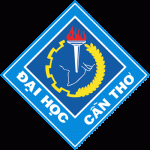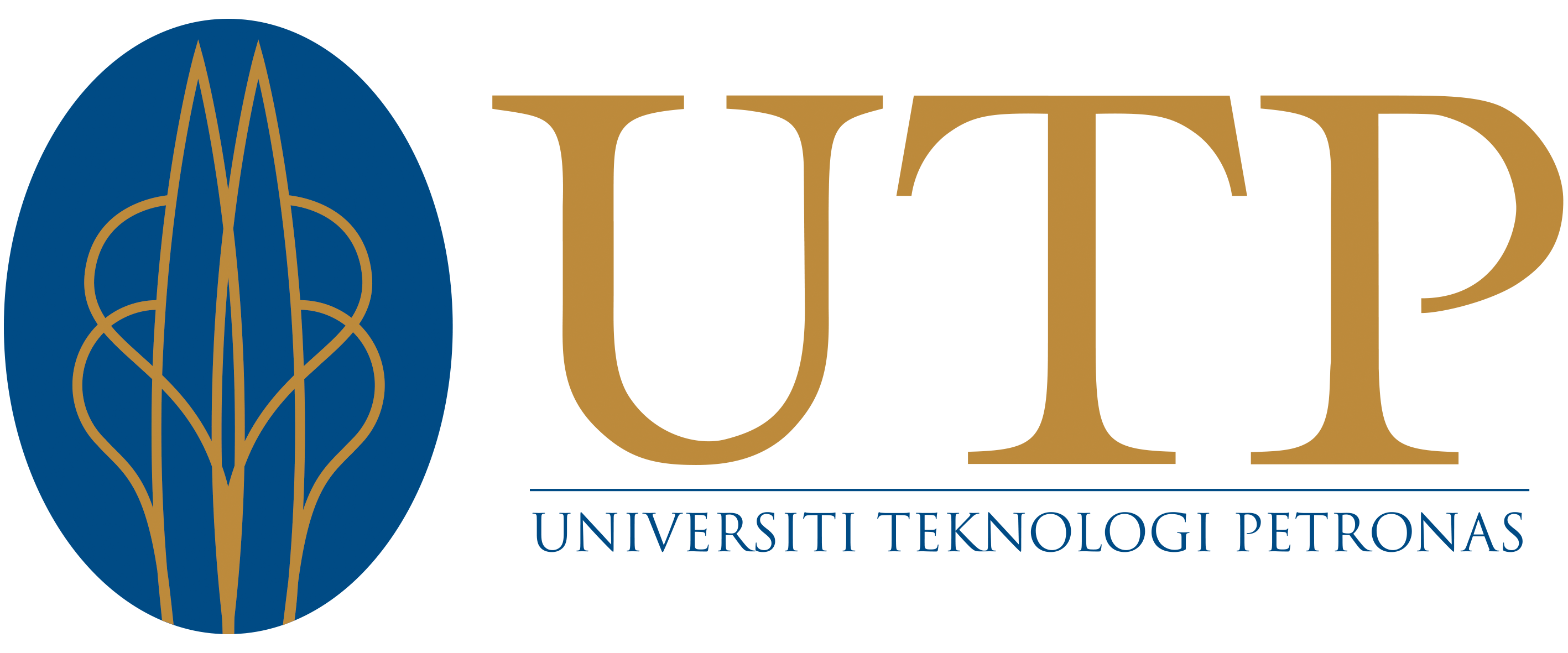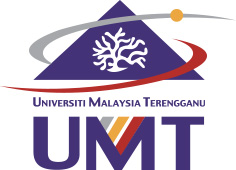No Results Found
The page you requested could not be found. Try refining your search, or use the navigation above to locate the post.
The MARE research framework is a framing document outlining issues, problems, discussing the latest international literature and possible directions of relevant PhD research. It is based on an overview of policy-relevant issues related to the thematic scope of MARE and offers references to international and European policy documents and scientific assessments focusing on or strongly featuring MARE issues.
Based on the MARE research framework, departments at partners higher education institutions in Malaisia and Vietnam develop their institutional and/or departments research agendas. Such agendas provide support to PhD (but also MSc/MA) students and their supervisors to identify the research topics and plan thesis contents relevent to the latest scientific and policy developments.
To consolidate the activities under the MARE research framework, dedicated PhD positions were created across the partnership to pursue the MARE agenda.
 MARE research framework – organisational profile
MARE research framework – organisational profile
 MARE research framework – organisational profile
MARE research framework – organisational profile
 MARE research framework – organisational profile
MARE research framework – organisational profile
 MARE research framework – organisational profile
MARE research framework – organisational profile
 MARE research framework – organisational profile
MARE research framework – organisational profile
Profiles of PhD supervisors available in the MARE partnership
Development of PHD Research Framework UMT Report
Development of PHD Research Framework UTP Report
Development of PHD Research Framework VN Partners
Sharing of research equipment, experimental sites and facilities
The page you requested could not be found. Try refining your search, or use the navigation above to locate the post.
The European Commission support for the production of this publication does not constitute an endorsement of the contents which reflects the views only of the authors, and the Commission cannot be held responsible for any use which may be made of the information contained therein.
This project No. 610327-EPP-1-2019-1-DE-EPPKA2-CBHE-JP has been funded by Erasmus+ CBHE programme of the European Union.
National Marine Geology Webinar is an annual event under the umbrella of Institute of Geology Malaysia (IGM). The host of this event were rotational given among the peers and affiliate of IGM which includes University Technology of PETRONAS (UTP).
This webinar already running for the 3rd year and this year UTP were selected to become the host. In conjunction with that and since UTP is a member of ERASMUS+ MARE initiative, a collaborative event was plan for this year National Marine Geology Webinar.
MARE MEETING 1 FOR NATIONAL WEBINAR MARINE GEOLOGY WITH GEOEXPERT ACADEMY
MARE MEETING 2 FOR NATIONAL WEBINAR MARINE GEOLOGY WITH GEOEXPERT ACADEMY
![]()
Dear Madam/Sir,
We have to pleasure to invite you to the upcoming training on Information and Communications Technology (ICT) organised with joint efforts by the University of Bremen, University of Tartu, University of Catania and University of Halle-Wittenberg. The training is part of the Erasmus+ Programme URGENT (Urban Resilience and Adaptation for India and Mongolia) and the Erasmus+ Programme MARE (Marine Coastal and Delta Sustainability for Southeast Asia).
A three day training is scheduled for June 30th – July 2nd (see agenda below) via the online platform Zoom.
The interactive training aims at introducing key aspects of “Information and Communications Technology” to the participants and will be delivered by the European partners of both the MARE and the URGENT project. The training contains theoretical input by lecturers, practical group exercises for the participants and additional information and input from experts from the field of ICT. As part of the training, participants will be introduced to the topic of ICTs, their growing importance in society and academia as well as will receive detailed and in-depth knowledge on important and popular ICT methodologies (e.g. Geo-Information Systems, Lecture Recordings, Web-based Learning Platforms, etc.).
Specific objectives of the training are to strengthen capacities of participants and fellow project members, to enhance cooperation between partners and to provide specific scientific knowledge and examples on describing, using and understanding ICTs. A particular focus will lie on the rise of ICTs in particular during the ongoing global pandemic and the lessons learned during this period.
We kindly invite you to confirm your institutions’ participation in this training by nominating participants from your institution. Prior to nomination, please take into account that the nominees should have:
• the opportunity to communicate the training results to colleagues in the sector and beyond,
• access to processes enabling changes in favour of the introduction of ICTs in practice or education,
• understanding of English language (no translation can be provided).
We kindly ask you to fill in the form https://forms.gle/7X2acdPcVh9rbE1r8 before June 24, 2021 to register for participation. You will find a draft of the agenda below to familiarise yourself with the schedule and obtain an idea of the training proceedings.
We are looking forward to a fruitful training and remain at your disposal should you have any questions!
See : Training on Information and Communications Technology (ICT)
The European Commission support for the production of this publication does not constitute an endorsement of the contents which reflects the views only of the authors, and the Commission cannot be held responsible for any use which may be made of the information contained therein.
This project No. 610327-EPP-1-2019-1-DE-EPPKA2-CBHE-JP has been funded by Erasmus+ CBHE programme of the European Union.
Content
The 1-hour talk explains the various type of pollutants such as sewage, plastics and e-waste in our environment. For a more detailed explanation, the talk focus on marine debris and plastic pollution. How we as an individual can do to reduce the marine debris also be emphasized in the talk. The students also respond how long it does take debris to decompose in the environment. After the talk, students are given a group assignment in jamboard to present I’am not plastic project.
The talk was attended by 53 undergraduate students. It covered topics on various type of pollutants such as sewage, plastics, E-waste, etc., in our environment. The talk focused on marine debris and plastic pollution and how we as an individual could do to reduce the marine debris. The students also exposed to the decomposition timeline of various type of marine debris in the environment. After the talk, students were given a group assignment in jamboard to present I’am not plastic project.